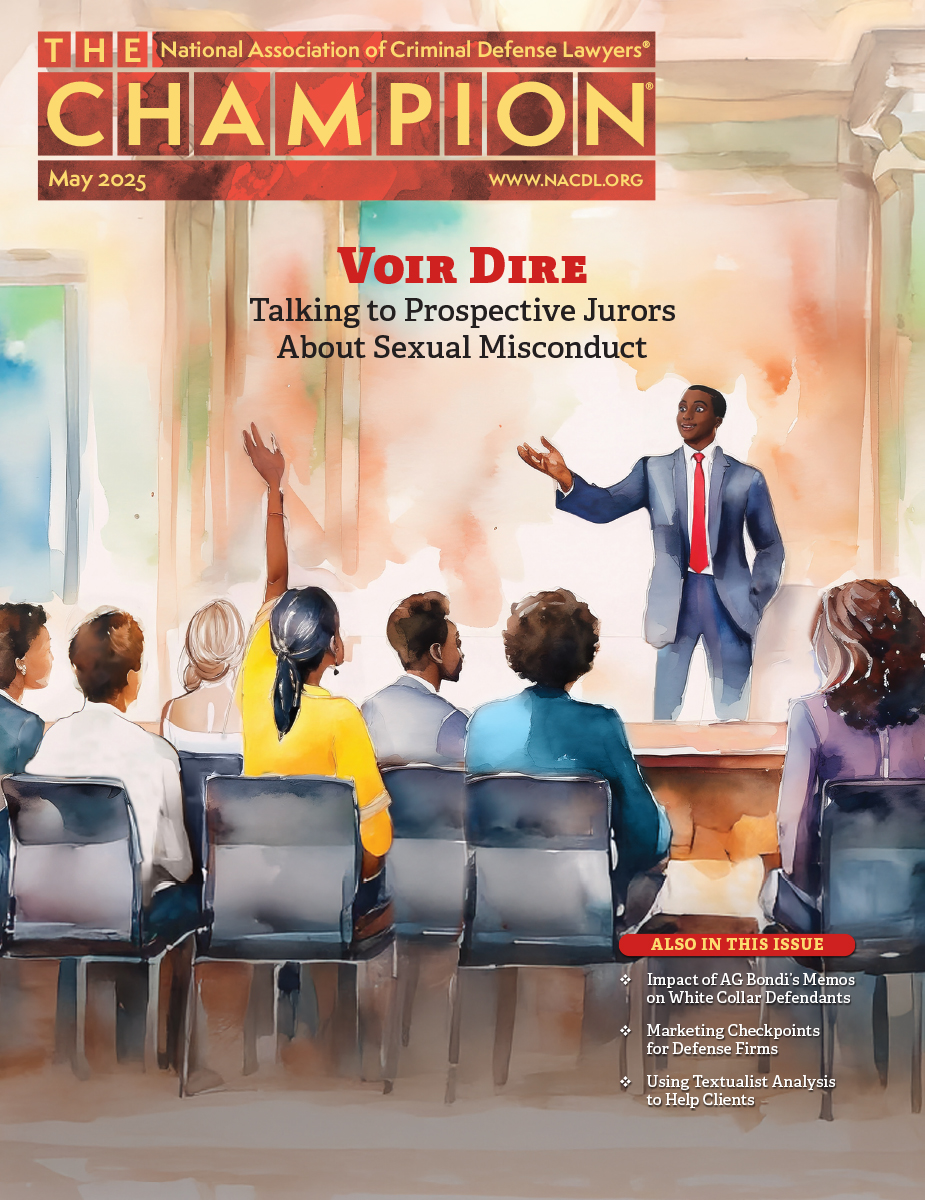Documents
In Graham v. Florida, the U.S. Supreme Court held that it is unconstitutional to impose life without parole sentences for juveniles convicted of non-homicide offenses, largely because developmental and scientific research show that juveniles possess a greater capacity for rehabilitation, change, and growth than adults, and are less culpable for their criminal conduct. In Miller v. Alabama, the Court then held that mandatory life without parole for those under the age of 18 at the time of their crime (including homicide offenses) violates the Eighth Amendment’s prohibition on “cruel and unusual punishments.”
NACDL, in partnership with Juvenile Law Center, the National Juvenile Defender Center and the Campaign for the Fair Sentencing of Youth, and with support from the Foundation for Criminal Justice and the Ford Foundation presents a series of trainings on all aspects of these important new developments in juvenile law. They provide essential instruction for lawyers representing a juvenile at sentencing in adult court and lawyers handling the resentencing of an individual previously sentenced to juvenile life without parole.
Session Topics
- Investigation: what type of records to seek, strategies for getting old records, prison records, witnesses to interview
- Experts: what type of expert is needed, and how to utilize them
- Advocacy: tips on the hearing itself: taking all the information gathered to create and present a narrative, including how you handle the transition difficulty of adolescents/young adults during the early years in prison (a model argument will be presented)
Speakers: Stephen Harper, Co-coordinator, Capital Litigation Unit, Miami-Dade, Florida Public Defender's Office; and Paul Mones, Paul Mones, P.C., Los Angeles, CA
See the previous session in this series
Check out the subsequent series, Age Matters: Strategies for Representing Juveniles in Adult Court
- Communicating with a Juvenile Client: JTIP Lesson on Interviewing and Counseling Youth
- Incorporating Adolescent Brain & Behavioral Development Science into All Stages of the Criminal Proceeding
- Strategies for Keeping Youth out of Adult Jails and Prisons: Bail, Sentencing and Post-Sentencing Advocacy











